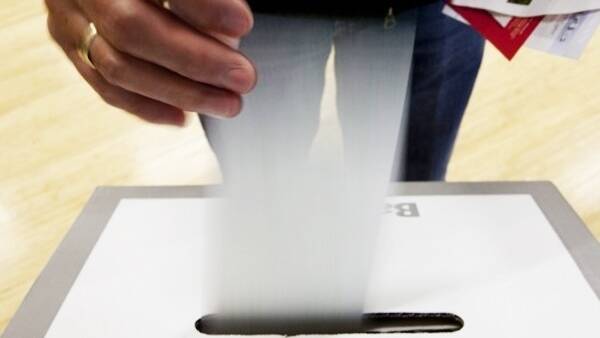
EARLY voting for the federal election on May 18 starts on Monday.
The Australian Electoral Commission is expected to release the list of early voting centres later this week.
Voters who cannot get to a polling place on election day can vote at an early voting centre, or apply for a postal vote by 6pm on May 15.
People can vote early in person or by post if they meet criteria like being outside the electorate where they are enrolled, travelling, unable to leave their workplace and being a silent elector.
According to the AEC, anyone who is overseas during the federal election period can vote at an overseas voting centre or by post.
The AEC will provide mobile polling facilities at some hospitals, nursing homes, prisons and remote areas of Australia during the election period.
The AEC will provide a list of these locations shortly.
Polling places that will be open on election day and interstate voting centres for people outside the state or territory where they are enrolled will also be available soon.
Further information about ways to vote is available at aec.gov.au/voting/ways_to_vote.
Individuals standing as a House of Representatives or Senate candidate have until noon on Tuesday (April 23) to lodge their nomination.
Earlier this month the AEC started a social media advertising campaign encouraging votes to carefully check the source of electoral community they see or hear during the federal election.
Electoral Commissioner Tom Rogers said the Stop and Consider initiative involved AEC advertising on platforms such as Facebook, Twitter and Instagram.
"The key official source for voters to know what they have to do to participate successfully at this federal election is the AEC, via its website and a comprehensive multi-media public information campaign which will run widely until election day," Mr Rogers said.
He said the AEC had no legislative power relating to truth in electoral communication in respect of political claims and counter claims.
"Australian voters have the freedom and right to express a political opinion or critique an election policy, either in-person or via social media," Mr Rogers said.
Mr Rogers said there had been no serious evidence of people or organisations seeking to disrupt Australian elections through disinformation, but given apparent events in other parts of the world, it was prudent to be vigilant.


